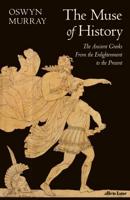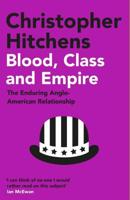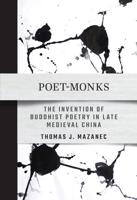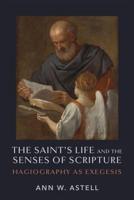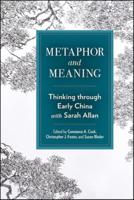Publisher's Synopsis
For over two centuries-starting with the earliest surviving iambic poet and elegist, Archilochus-elegy and iambus attracted some of the finest poetic talents in Greek history and played a major role in public and private life, surviving as living forms into the fourth century BC. The study of these poetic forms has been transformed in recent years by new papyrological finds, yet historically scholarly attention has tended to focus predominantly on Greek lyric poetry. This edited collection provides the first comprehensive exploration devoted specifically to iambus and elegy, offering an important insight into the key issues within current research on the genres. Chapters by leading international experts in the field examine the forms from a broad range of perspectives-addressing questions of genre definition, performance and context, authorial voice and style, interactions and intertexts, and the texts' transmission and reception-and provide a solid foundation for future research.




